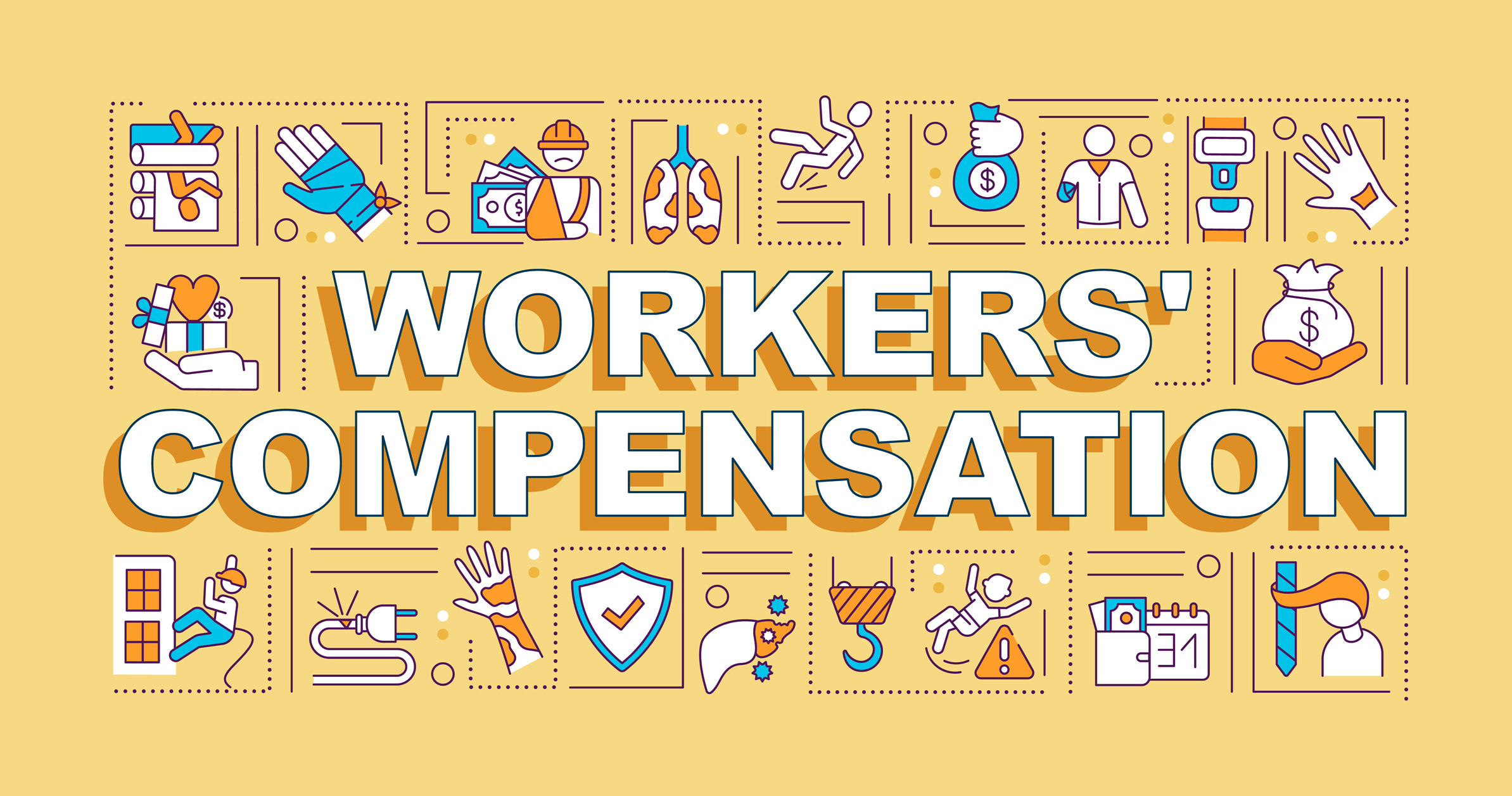Benefits of Workers Compensation
Workers’ compensation is a vital aspect of employee protection and welfare. In this article, we will explore the various benefits that workers’ compensation provides to both employers and employees. Understanding these benefits can help you make informed decisions regarding workplace safety and employee well-being.
Financial Protection
One of the primary advantages of workers’ compensation is the financial protection it offers to employees. In the unfortunate event of a work-related injury or illness, workers’ compensation provides medical benefits, income replacement, and rehabilitation services. This ensures that employees receive the necessary support to recover and return to work without financial burden.
Medical Benefits
Workers compensation covers all medical expenses related to work-related injuries or illnesses. This includes doctor visits, hospital stays, surgeries, medications, physical therapy, and any other necessary medical treatments. By providing comprehensive medical benefits, workers’ compensation ensures that employees have access to the care they need to recover and regain their health.
Income Replacement
When an employee is unable to work due to a work-related injury or illness, workers’ compensation provides income replacement benefits. These benefits typically cover a percentage of the employee’s pre-injury wages, ensuring that they can continue to meet their financial obligations while recovering. Income replacement benefits help alleviate the stress and financial strain that can arise from being unable to work.
Rehabilitation Services
Workers compensation also includes rehabilitation services to aid in an employee’s recovery and return to work. These services may include physical therapy, vocational training, job placement assistance, and other forms of support. By offering rehabilitation services, workers’ compensation helps employees regain their independence and successfully reintegrate into the workforce.
Legal Protection
Another significant benefit of workers’ compensation is the legal protection it provides to both employers and employees. When an employee accepts workers’ compensation benefits, they typically waive their right to sue their employer for the injury or illness. This protects employers from costly lawsuits and provides employees with a more streamlined process for obtaining compensation.
Employee Satisfaction and Loyalty
By offering workers compensation, employers demonstrate their commitment to the well-being and safety of their employees. This fosters a positive work environment and promotes employee satisfaction and loyalty. When employees feel valued and supported, they are more likely to be engaged, productive, and dedicated to their work.
Prevention and Safety
Workers’ compensation programs also play a crucial role in promoting workplace safety and accident prevention. Employers who prioritize safety measures and provide proper training can reduce the likelihood of work-related injuries and illnesses. By implementing effective safety protocols, employers can protect their workforce and minimize the need for workers’ compensation claims.

Workers compensation offers a range of benefits to both employers and employees. It provides financial protection, medical benefits, income replacement, rehabilitation services, and legal protection, and promotes employee satisfaction. By understanding and prioritizing workers compensation, employers can create a safe and supportive work environment, while employees can have peace of mind knowing they are protected in the event of a work-related injury or illness.
Frequently Asked Questions: Benefits of Workers Compensation
1. What is workers compensation?
Workers’ compensation is a type of insurance that provides medical benefits and wage replacement to employees who suffer work-related injuries or illnesses.
2. Who is eligible for workers compensation benefits?
Most employees are eligible for workers compensation benefits, including full-time and part-time workers. However, independent contractors and self-employed individuals are typically not covered.
3. What are the benefits provided by workers compensation?
Workers compensation benefits typically include coverage for medical expenses, rehabilitation costs, disability benefits, and lost wages during the recovery period.
4. How are workers’ compensation benefits calculated?
The calculation of workers’ compensation benefits varies depending on the jurisdiction and the specific circumstances of the injury or illness. In general, benefits are based on a percentage of the employee’s average weekly wage.
5. Can I choose my doctor for workers’ compensation treatment?
The rules regarding the choice of doctor for workers’ compensation treatment vary by state. Some states allow employees to select their doctor, while others require them to visit a healthcare provider from a pre-approved list.
6. What should I do if my worker’s compensation claim is denied?
If your worker’s compensation claim is denied, you may have the right to appeal the decision. It is recommended to consult with an attorney who specializes in workers’ compensation to guide you through the appeals process.
7. Are worker’s compensation benefits taxable?
In most cases, workers compensation benefits are not taxable at the federal level. However, it is advisable to consult with a tax professional to understand the specific tax implications of your situation.
8. How long can I receive workers’ compensation benefits?
The duration of workers’ compensation benefits varies depending on the severity of the injury or illness. Benefits may be provided until the employee has sufficiently recovered or reached maximum medical improvement.
9. Can I receive workers’ compensation benefits for psychological injuries?
Yes, in many cases, workers’ compensation benefits cover psychological injuries that result from work-related stress, trauma, or other mental health conditions. However, specific requirements and limitations may vary by jurisdiction.
10. What is the first step to take if I get injured at work?
If you get injured at work, the first step is to report the injury to your employer as soon as possible. This will initiate the worker’s compensation process and ensure that you receive the necessary benefits.




